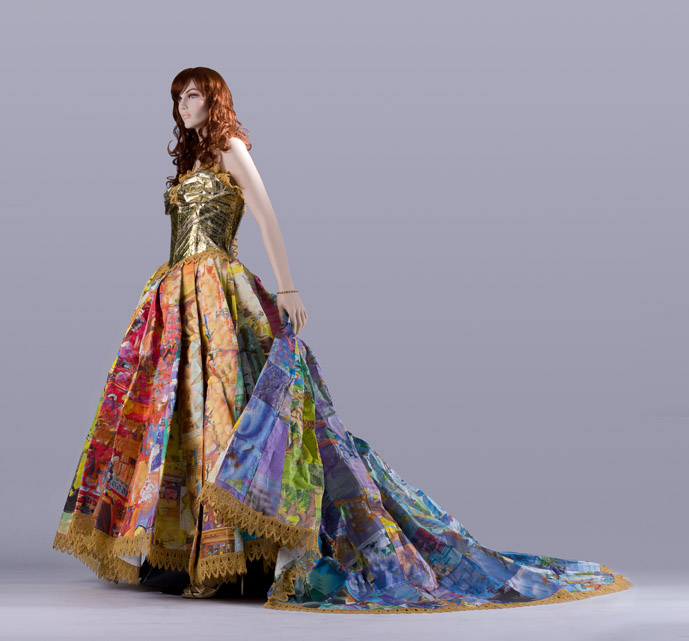
With each passing day, the world is getting more and more environmentally conscious. People are continuously using reusable bags, many people have committed to being zero-waste and several more have even committed to things like Earth ships or downsizing into the mini-mobile homes that are becoming popular. Companies are trying to be greener, or at least trying to be perceived as greener, with more environmental initiatives at a corporate level than ever before.
The eco-friendly train is rolling, but are you on it?

Many people who have a problem being sustainable say that they just don’t know where to start, that they have no idea what to change in order to be sustainable.
Well, how about your clothes?
Clothes are one of the most thrown away items, and they are produced and tossed at rates that are staggering.
The cycle of clothing is a large focus of the work Annie Leonard, who has published her findings in a video and book called The Story of Stuff. Of course, Leonard looks at more than just clothing, but the amount of clothes that are used each year is almost overwhelming.
So, how can you help? Do you just stop wearing clothes? Luckily, that doesn’t have to be your only option (unless you’re into that and your local laws allow it).
There are plenty of brands making big strides for sustainable wear. The store H&M, which has been making a big splash around the United States, has a environmentally-friendly brand called the Conscious Collection, a socially and environmentally-aware line that doesn’t break your bank. Elle.com collected a whole list of environmentally forward brands and lines, and its worth taking the time to check out before you hit the stores again.

Another good thing to have on hand is a consumer conscious app. There are dozens of apps on the market, many for different reasons or specialties, but they all aim at telling consumers exactly what happened to the product before it got to the store shelf. This not only makes it easier to see if your clothes or other brands are economically friendly, but it also shows whether there was animals or unfair human labor used to make the product. These apps allow you to make more conscious decisions on where you put your money, and defunding campaigns that use unethical and polluting practices can be good for a lot of people in the long run.
Are you environmentally conscious? Do you think sustainability is important? Have any eco-friendly tips for your fellow readers? Leave a note in the comments letting us know!
Collegian Blogger Sarah Ross can be reached online at blogs@collegian.com or on Twitter at @HowSarahTweets. Read more of her content on AltLife.collegian.com or at collegian.com under Music. Leave a comment!






